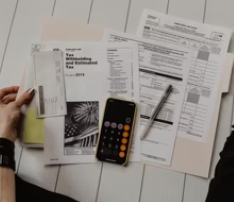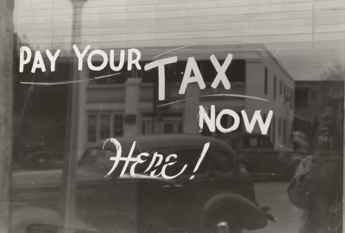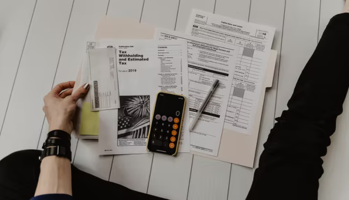A Guide To Understanding How Taxes Work When Buying A Property

Buying a house is a huge step towards a better and more stable life. It is the first step to building a foundation of ownership. This also comes with a lot of costs and procedures, especially if it’s your first time owning a house.
If you’re a first-time buyer, deducted mortgage interest may be doable, so it’s usually not a problem to start with. What you need to think about is the amount of taxes you have to pay in the upcoming year. Read through our guide to understand how taxes work when investing in a new property.

Property Tax Assessment
When you’re ready to buy your dream house or even a condo, you will need to pay keen attention to important matters, such as property tax assessment of the area you’re buying in. Each city or county uses the taxes you pay to maintain the area and to pay for the services provided. Maintenance work, the police, the fire station, and any other services are all paid through your taxes.
The quality and quantity of the provided services directly impact the amount of taxes you’ll be expected to pay annually. Local governments determine your tax rate based on the value of the real estate market. In order to have an estimate of taxes, multiply the taxes rate by the assessed value of your property.
Where You Buy Affect How Much Taxes You’ll Pay
It goes without saying that the location in which you buy your new property impacts all the costs, including taxes. The real estate transfer taxes vary according to the state, city, or county where you intend to buy your house. Transfer taxes can have rigid rules and legislations in some states while in others, the rate of taxes might be higher but exemptions can be offered at certain times. If we take Florida as an example, it’s important that you gain a deeper understanding of how taxation works. For those of you looking to invest in property in the state of Florida, then it’s important to understand everything about the Florida Homestead Exemption, which provides reduced taxes to facilitate the cost burdens. Tax exemptions apply to all properties once the requirements are met. In order to be eligible for a tax exception, you must be the property owner. It also has to be your permanent residence, and the buying procedures should take place at a certain timing.
Who Has to Pay?
Payment of transfer taxes depends on taxing rules of the property area, it specifies whether the buyer or the seller should be the one paying, or it should be shared between both parties. Some people decide to pay the transfer taxes as part of their property cost. Transfer taxes can not be deducted from income taxes, it can only be deducted from property taxes. Later on, transfer taxes can be added to your house cost if you decide to sell it. When you sell your property your gains and losses will be calculated according to the taxes you owe the government after the sales.

Sometimes taxes, rates, and benefits are very complicated for a buyer or a seller to understand. Financial professionals can determine whether you can save additional money from property taxes and income taxes. Many tax benefits are provided for homeowners, so you can check out your mortgage experts to know more about your rights and the requirements of tax reductions, and other advantages you might be eligible for when buying a new property, especially if it’s your first time.


